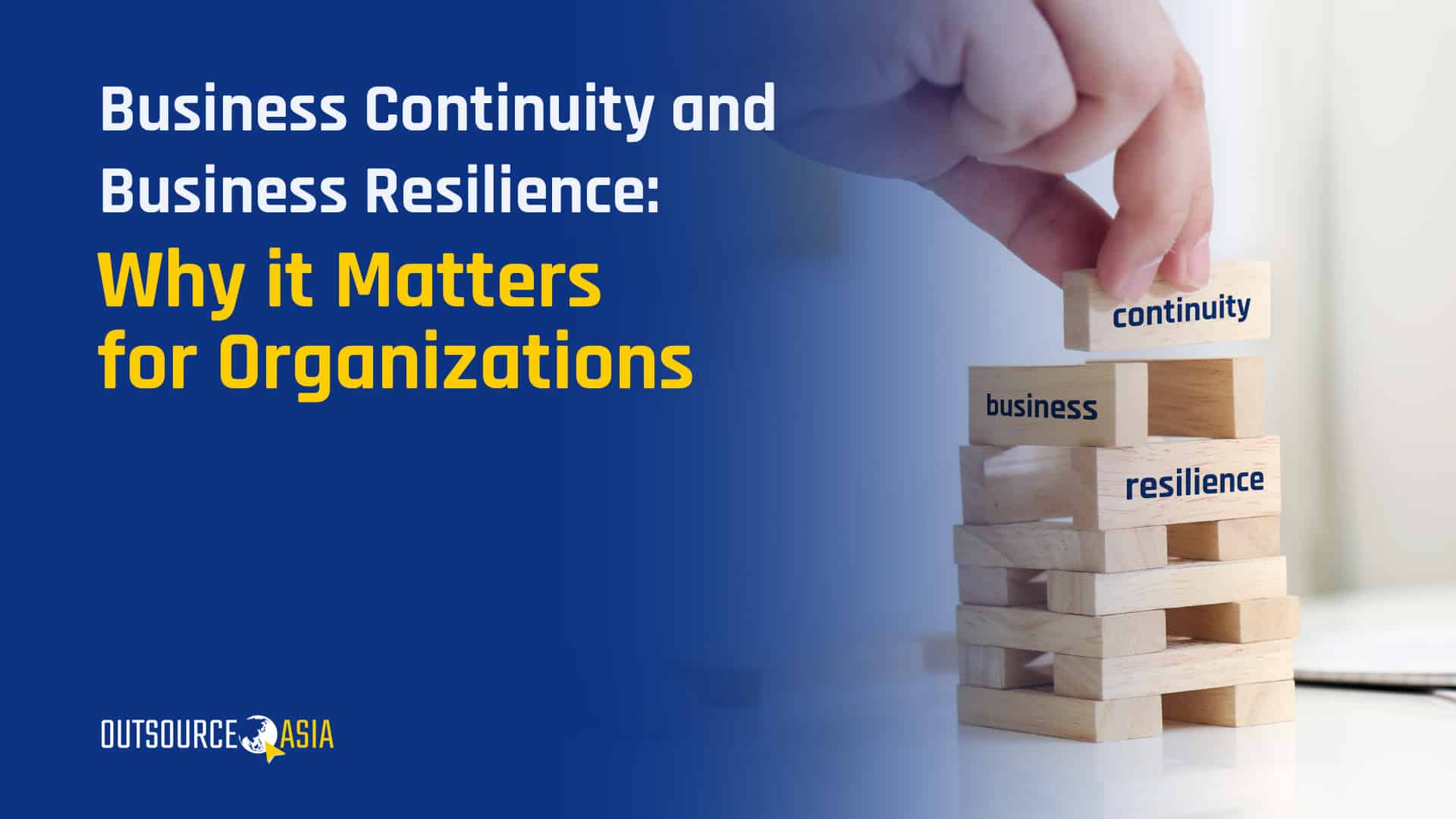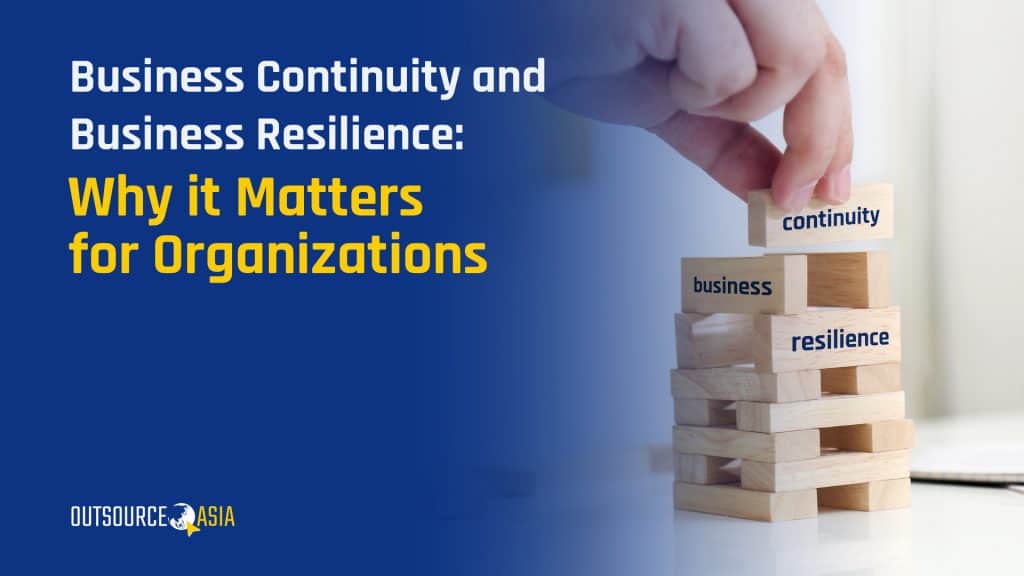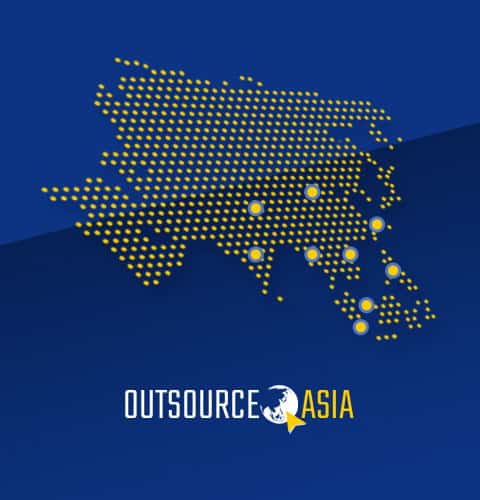
Business Continuity and Business Resilience: Why it Matters for Organizations
According to the “2020 Mercer Covid-19 – Global Survey Coronavirus Impact to Global Market”, more than 50% of organizations worldwide have no tangible plan for business continuity and organizational resilience. This implies that businesses must further evolve in terms of implementing business continuity and maintaining organizational resilience, especially in the light of an accelerated process of digital transformation. The numbers below say it all:
- $232 billion – global cost of economic losses due to natural catastrophes
- $ 6 trillion – damage cost projection due to cybercrime
- $ 3 trillion – potential cost to the modern economy of a global pandemic like the 1918 outbreak
- $ 700 billion – global revenue loss of IT downtime
- $150 billion – global economic loss due to poor talent adaptability
What is Business Continuity?
According to ISO 22300:2018, business continuity is ‘the capability of an organization to continue the delivery of products or services at acceptable predefined levels following a disruption.’ It is the ability to reestablish full function of all business operations as quickly and smoothly as possible. A business continuity plan (BCP) is a series of strategies for prevention, response, and recovery of business processes, human resources, and business stakeholders in the face of unanticipated challenges and catastrophes.
Principles for Effective Business Continuity
- Having a framework of processes, policies, and procedures that will keep business operations up and running during an unplanned disruption or natural disaster.
- Providing checklists and contingencies to enable an organization to be in a ‘business-as-usual’ mindset amidst exposure to internal and external threats.
- Creating a blueprint for emergency preparation and readiness so an organization can survive and thrive in the event of a major business disruption.
- Setting up a system that will allow an organization to stay afloat without compromising output quality when confronted with unforeseeable business disruption.
What is Organizational Resilience?
According to ISO 22316:2017, organizational resilience is ‘the ability of an organization to absorb and adapt in a changing environment to enable it to deliver its objectives and to survive and prosper.’ More resilient organizations can anticipate, organize, respond, and adjust to threats and disruptions, whether these are gradual or sudden changes, from an external or internal perspective. Simply put, it means being able to take a blow, recover and thrive, rather than simply survive when business operations are affected.
Principles for Effective Organizational Resilience
- Comprehensive and current understanding of an organization’s culture, context, and core purpose
- Good corporate governance, management, and leadership
- Behavior and actions aligned with a shared mission and vision
- Diversity of skills, experience, knowledge, and expertise
- Coordination, communication, and collaboration within and across all levels of departments/teams
How Organizational Resilience Relates to Business Continuity
Business continuity focuses on creating and installing a management system to support, stabilize, and ensure continuity of critical business operations and its underlying assets in the face of threats or disruptions. Protocols, processes, and practices are heavily standardized and controlled to remain relevant and effective for the ever-evolving context that organizations face within its industry.
Unlike the process-centric approach of business continuity, organizational resilience not only covers operational aspects of the business but focuses on maximizing resources, goals, or capabilities. Being strategic in nature, it can’t be easily prescribed in terms of toughness or having that bounce-back factor; it is the ability to learn from difficult experiences, navigate the next chapter with confidence, and adopt best practices for business growth and success.
Find Out More
Business leaders have the responsibility to have a deeper understanding of their business operations to be able to cope with the new normal while implementing business continuity and maintaining organizational resilience. Schedule for FREE CONSULTATION with us to help develop your capabilities.


